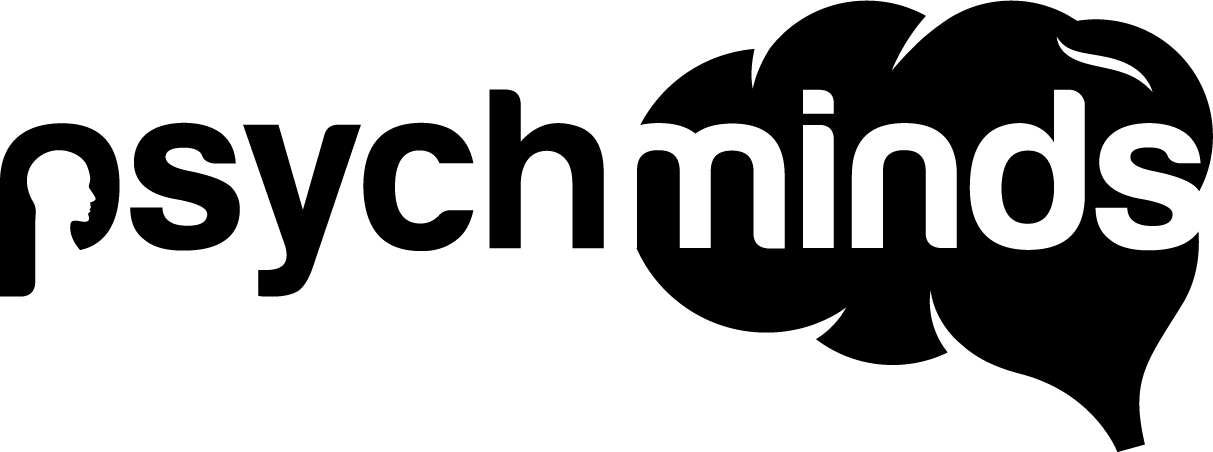Comedians and depression seems like a contradiction, a paradox, an oxymoron of a phrase. The two don’t belong together. Comedians are funny, they make people laugh, and everyone seems to love them. They exude happiness and therefore must be happy people! A large number of comedians, however, do suffer major depressive disorder, are plagued by anxieties and have a very cynical view of the world.
Many people in artistic and creative professions, whether they write books, paint pictures or create comedy sketches, tend to be a more depressed group of people. Depression is an uncomfortable emotion, one that many would try dispel if they felt it creeping up on them. While some may do this through taking drugs, partying at clubs or binge drinking, others draw, sing, dance or write comedy sketches to rid themselves of depression or at least keep it at bay. Their creativity is their outlet, their lifeline. It is what keeps them sane. Many geniuses we read or hear about seem to be unstable characters. Perhaps it is this mental instability which fuels their creativity. Many people within creative fields are diagnosed with manic depression. This disorder is characterized by mania whereby the person has grandiose notions of themself, is very energetic, creative, excited, skips sleep for days, feels elevated and basically feels on top of the world. While this is great, the crash can be catastrophic. When the depression sets back in, one may have suicidal thoughts, self-harm and withdraw from society. The manic phase, nonetheless, is very conducive to creativity. They become extremely motivated, inspired, and energized to put all their efforts into their work.
For comedians, stand-up comedy may act as a form of therapy. Many comedians suffer from depression and have been diagnosed such as Stephen Fry, Hugh Laurie, Eddie Izard, Woody Allen, Jim Carrey and Owen Wilson to name a few. Perhaps depressed people are attracted to comedy since it seems to be the polar opposite of sadness. The laughter provoked by funny, witty jokes and comments can act as a coping mechanism. Many comedians may also have narcissistic tendencies and demand attention at all times in order to feel fulfilled.
An overwhelming number of comedians seem to have had negative childhood experiences. When in front of an audience, they tend to be quite critical of themselves. Perhaps this is their way of offloading some of their insecurities. It is their form of talk therapy. They are then positively rewarded when their comments are met by claps and cheers from the audience. This can act as a boost to their egos and self-esteem. When they are alone without the external validation, they may feel worthless and slump back into depression. Therefore, having the spotlight on them and freely expressing whatever they feel can be beneficial for the depressed comedian. Perhaps it is why they were attracted to comedy in the first place.
Many comedians are also very cynical about the world. They see it how it really is, not through rose tinted spectacles. It is their ability to spin reality into a comedic sketch that makes them so talented, not to mention funny. They challenge concepts in politics, business, relationships, poverty, religion, life, war etc.
While comedy is a great creative outlet whereby the comedian and the audience benefit, it is no substitution for institutionalized therapy and professional counselling. So if you’re a comedian battling with depression you can get funny, get famous but also get to therapy!
References
Clark, B. (June 14th 2010). Do You Have to Be Depressed to Be Funny? Huffington Post. Retrieved May 26, 2013, from http://www.huffingtonpost.com/bruce-clark/do-you-have-to-be-depress_b_611836.html
Evans, B. (September 18th, 2012). Comedy as Therapy: How Some Comedians Self-Treat Depression and Social Anxiety with Standup. Split Sider. Retrieved May 26, 2013, from http://splitsider.com/2012/09/comedy-as-therapy-how-some-comedians-self-treat-depression-and-social-anxiety-with-standup/
Richard Scrimger. (May 21, 2010). Two Takes. Retrieved May 27, 2013, from http://scrimger.blogspot.ae/2010_05_01_archive.html
















